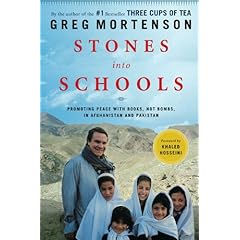Art Class
Let us begin with a simple line,
Drawn as a child would draw it,
To indicate the horizon,
More real than the real horizon,
Which is less than line,
Which is visible abstraction, a ratio.
The line ravishes the page with implications
Of white earth, white sky!
The horizon moves as we move,
Making us feel central.
But the horizon is an empty shell--
Strange radius whose center is peripheral.
As the horizon draws us on, withdrawing,
The line draws us in,
Requiring further lines,
Engendering curves, verticals, diagonals,
urging shades, shapes, and figures...
What should we place, in all good faith,
On the horizon? A stone?
An empty chair? A submarine?
Take your time. Take it easy.
The horizon will not stop abstracting us.
I remember being in art class in elementary school, and watching these videos about drawing. It always started with a single line. This poem immediately brought me back there. But then it quickly took me somewhere else.
I want to read more poetry. I want to share more poetry. I might even want to try my hand at a little poetry myself. But mostly I just want to make it part of my life. Any favorites? Any suggestions?



